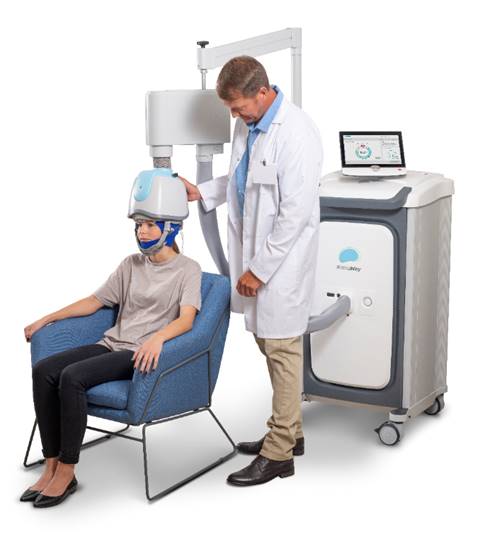
Compulsive Disorders
Latest News
Latest Videos

Podcasts
CME Content
More News

As psychiatrists we must remember that comorbidities is often the rule, not the exception. This is especially true for obsessive and compulsive disorder (OCD).

OCD in the general population often differs from OCD that presents in the perinatal period. It is imperative to recognize, assess, and treat perinatal OCD to improve maternal and child outcomes and have a transgenerational impact.

OCD symptoms can be quite difficult to recognize. Not understanding what is happening, patients tend to be ashamed and suffer in silence, often resulting in a period of 8 to 10 years of untreated illness and long-term negative outcomes.

This review highlights an important diagnostic and therapeutic task: the importance of differentiating true bipolar disorder/obsessive-compulsive disorder comorbidity from BD with secondary OCD.

Despite heterogeneity in symptoms, there is growing realization that common neurobiological processes may contribute to OCD vulnerability and its persistence.

OCD is a serious psychiatric condition that can be effectively treated, with evidence-based approaches, in a majority of cases. There are, however, circumstances that complicate our treatment of OCD, and this article presents some of these issues.

New research shows that cognitive-behavioral therapy is helpful in treating OCD symptoms in children and considers cognitive development and the heterogeneous presentation of hoarding symptoms.
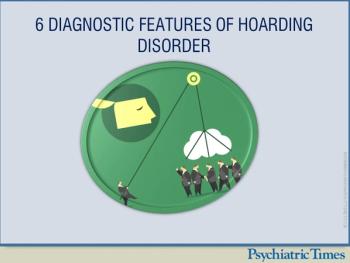
People with HD can experience social isolation, divorce, separation or alienation from family members and friends, not to mention risk of injury or death.

Her mention of gardens got me to thinking, not just about fragrant flowers but also about “symptom substitution,” an old-time favorite of behavioral psychologists. Which activities most resemble hair-pulling? Weeding, for one.
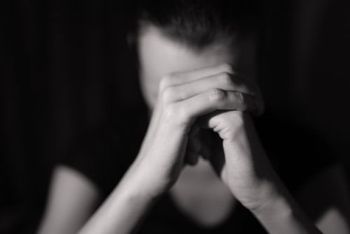
Be cautious: not all obsessive thinking is OCD.

Do you know the 7 criteria that can help identify those at risk for unhealthy online gaming?

A study of treatment tolerance and therapeutic response in children and adolescents with OCD.
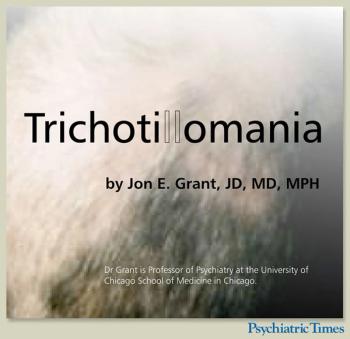
Hair-pulling can be associated with depressive symptoms and anxiety. While treatment is often elusive, some therapies have been found to be effective. This slideshow reviews noteworthy studies for clinicians to review.

Internet-based CBT has shown promise to improve access to therapy for patients with OCD, which is associated with a profoundly diminished quality of life and social isolation.
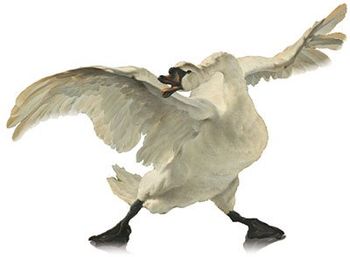
The authors provide information about the human-animal bond that may provide a starting point for understanding the development of animal-hoarding disorder.
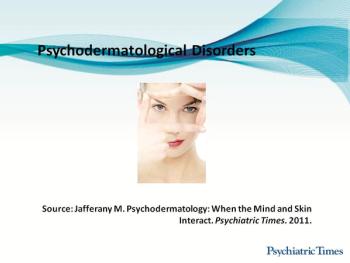
There is no universally accepted classification of psychodermatological disease, but this slideshow serves as a general overview of these disorders.

DSM-5 criteria for hoarding disorder necessitate that the hoarding behaviors cause clinically significant impairment in the patient’s ability to function.

The clinician's role is to “translate” symptoms of OCD and understand the dysfunctional circuits at play to decide on the most appropriate treatment for each patient.

Despite the growing body of evidence that supports the existence of a specific epidemiological, genetic, and neurobiological relationship between OCD and schizophrenia, the association remains poorly understood. Here, a brief overview.

Genius and madness: does one phenomenon cause the other-or do both share a common underlying factor or mechanism? How are geniuses able to accomplish “creative fits”? The author explores both questions.

Pica, a condition in which a person is compelled to eat non-food items such as dirt, paper, plaster, cigarette ashes, and other substances, is increasing in prevalence in adults. More in this patient education summary.

What do we know about the relative efficacy of current medication and therapy for OCD? This question answered and highlights of recent studies, future directions, and causes are summarized in this video.

An expert summarizes the effectiveness of the treatments for obsessive-compulsive disorder, including pharmacotherapy and a very specific type of cognitive behavioral therapy.

IOCDA Week takes place from October 14 to 20, 2013, and is celebrated by a number of organizations across the US and around the world, including Columbia University Clinic for Anxiety and Related Disorders.

October is an active month for promoting public awareness of psychiatric illnesses and social programs that give hope to those affected by mental illness.




